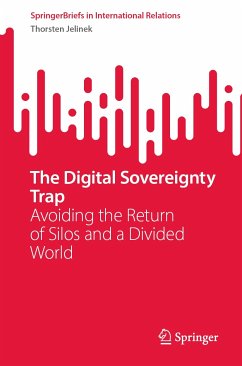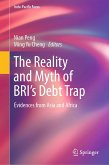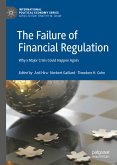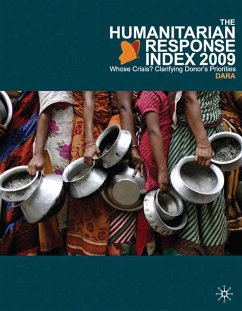This book is for policy-makers navigating the digital transformation. Global governance is needed to mitigate the disproportionate risks of artificial intelligence but is in a state of deep crisis. Revisiting the era of telecommunication monopolies, this book argues that today's return of sovereignty resembles the great reregulation, but of the entire digital economy. Breaking through the previous asymmetrical distribution of technology and institutional power, China threatens the United States' technology hegemony. The task is to avert from the straitjacket of hyperdigitalization without causing new silos.
Dieser Download kann aus rechtlichen Gründen nur mit Rechnungsadresse in A, B, BG, CY, CZ, D, DK, EW, E, FIN, F, GR, HR, H, IRL, I, LT, L, LR, M, NL, PL, P, R, S, SLO, SK ausgeliefert werden.









